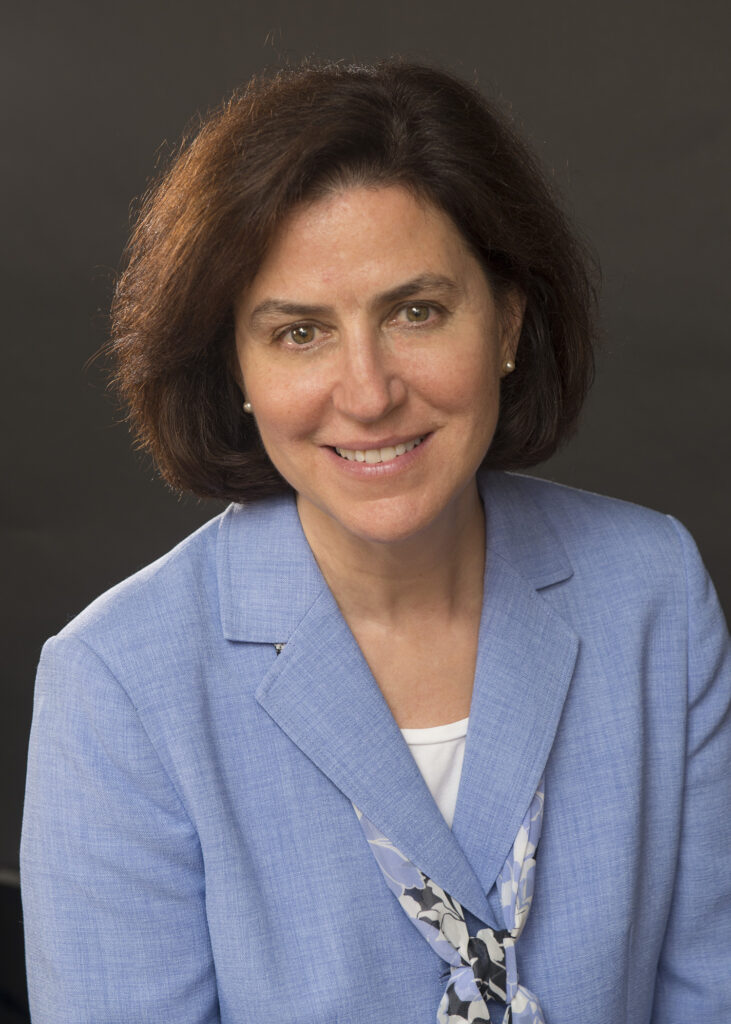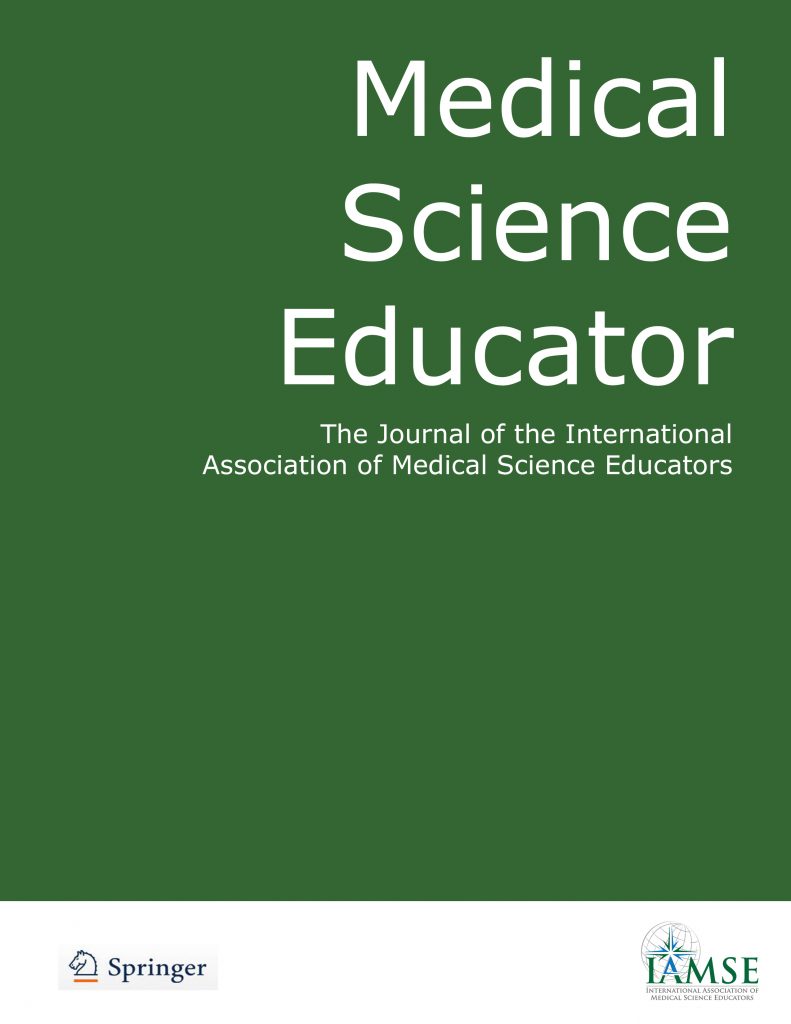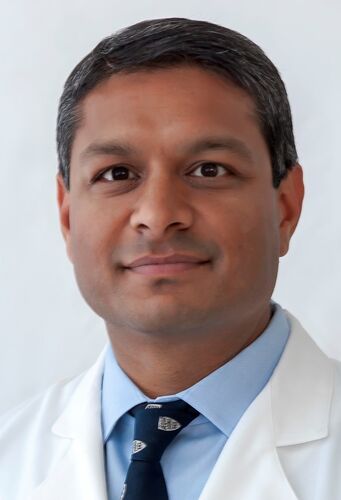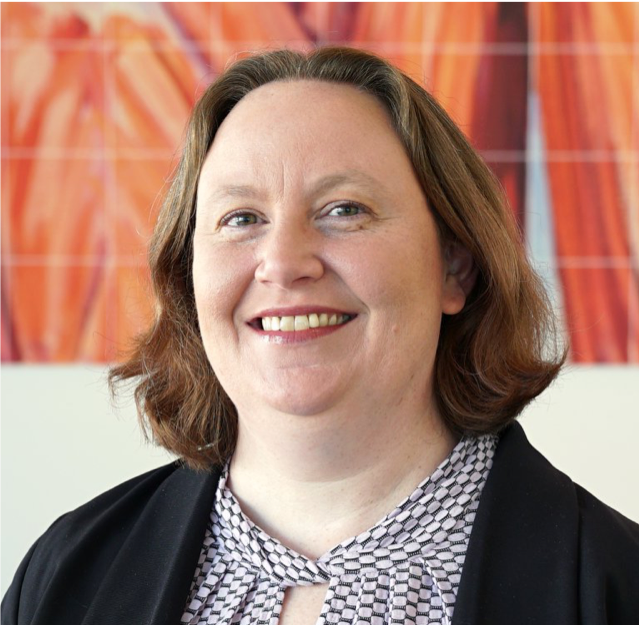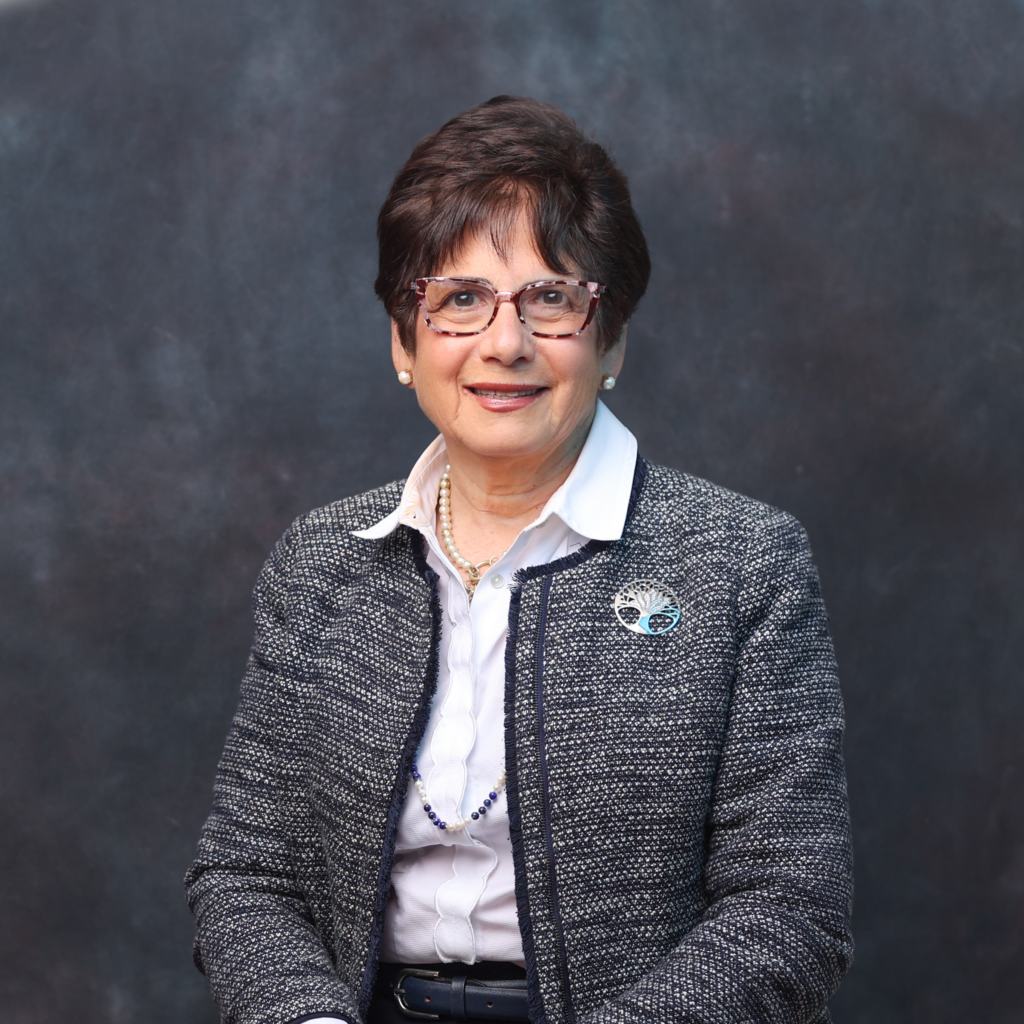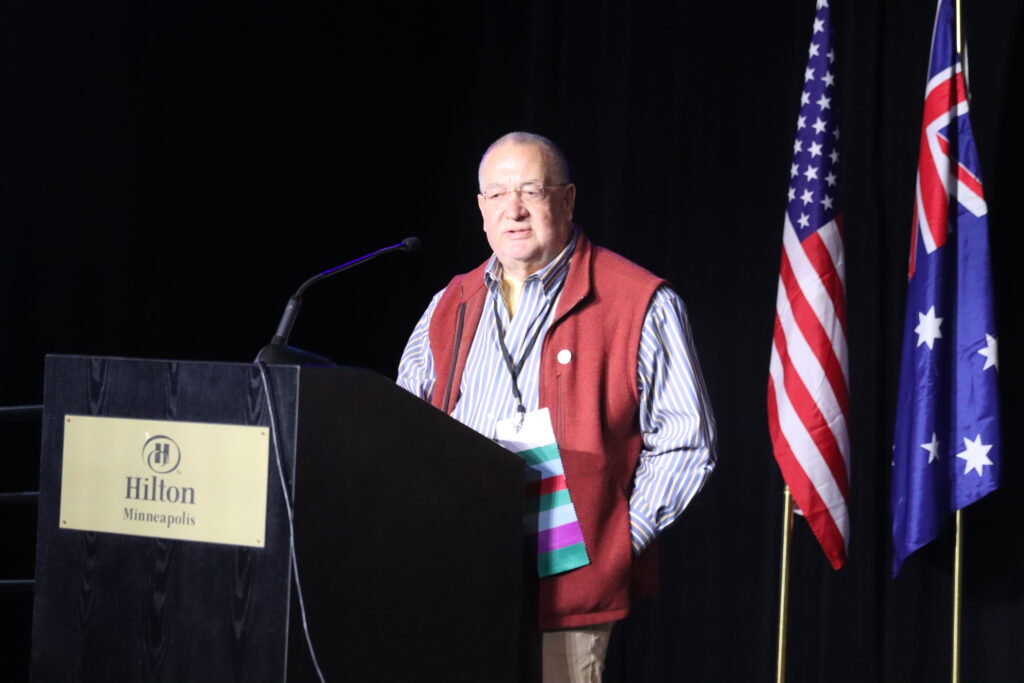
Coaching and Remediation: Developing a Toolkit for Learners Who Struggle
By Jean Klig, MD
Assistant Professor of Emergency Medicine and Pediatrics, Harvard Medical School
Dr. Klig will present the next session of the IAMSE Winter Webcast Audio Seminar series titled “Tailored Education: Helping Every Student Across the Finish Line.” Klig’s presentation is titled “Coaching and Remediation: Developing a Toolkit for Learners Who Struggle.”
Over five sessions, we will cover the concepts of precision medical education and individualized support, from big-picture theories to innovative implementation, showing how adaptive and personalized learning environments can better meet diverse student needs.
Don’t miss this exciting opportunity to join the conversation on Helping Every Student Across the Finish Line!
The full IAMSE Winter 2025 WAS schedule is as follows:
Week 1 – 12:00 PM EST Thursday, January 9, 2025
Guiding the Next Generation: Enhancing Medical Education through Mentorship, Coaching and Sponsorship, presented by Alice Fornari, of the Zucker School of Medicine at Hofstra University
Week 2 – 12:00 PM EST Thursday, January 16, 2025
Precision Education: The Future of Lifelong Learning, presented by Sanjay Desai, of the American Medical Association
Week 3 – 12:00 PM EST Thursday, January 23, 2025
Coaching and Remediation: Developing a Toolkit for Learners Who Struggle, presented by Jean Klig, of Harvard Medical School
Week 4 – 12:00 PM EST Thursday, January 30, 2025
From Bytes to Bedside: Exploring the Impact of Artificial Intelligence on Medicine and Medical Education, presented by Marc Triola, of NYU Langone Health
Week 5 – 12:00 PM EST Thursday, February 6, 2025
Medical Education Readiness Program (MERP): Our Guided Approach to Foster Success in Medical School, presented by Inna Lindner, of Adtalem Global Education
Below we look at the third week’s presentation:
Jean Klig, MD
Coaching and Remediation:
Developing a Toolkit for Learners Who Struggle
Presenter: Jean Klig, MD, Assistant Professor of Emergency Medicine and Pediatrics, Harvard Medical School
Session Date & Time: January 23, 2025 at 12:00 PM EST
Session Description: What is the plan for a learner who is struggling? As we continue to expand our understanding of pedagogical approaches to struggle as a normal part of the learning process, new ways emerge to also maximize learning for those who struggle the most. Coaching provides a pragmatic approach to promoting self-regulated learning and activating strengths in all learners, notably for individualized learning through remediation. Join us as we consider key elements to a toolkit for productive individualized learning and remediation, and opportunities for future progress.
As always, IAMSE Student Members can register for the series for FREE!
